What is plant mulch and what is it used for?
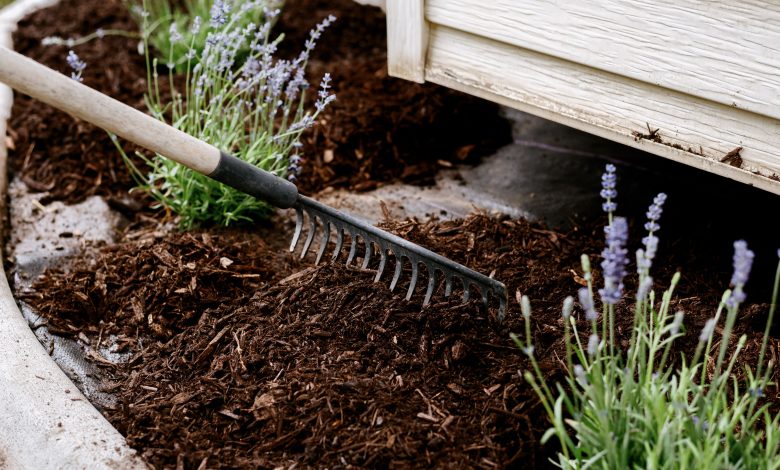
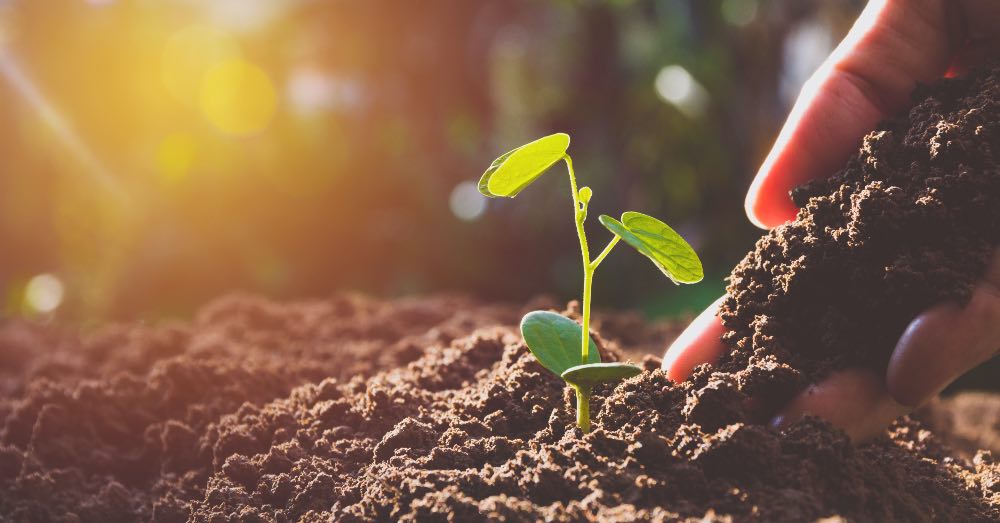
Although it is popular among lovers of gardening and orchards, it is more than common to ask ourselves what mulch is. A recurring and regular doubt, since on many occasions we are not even clear about its usefulness. For some, it is one of the ideal natural fertilizers both for certain ornamental plants and, above all, for garden plants. But the thing goes much further: despite its nutritional power, it is enough to discover in depth what mulch is to understand why it is one of the best friends of the plant lover.
The confusion about its utilities is logical. Whether we are investigating how to care for strawberries in pots, protecting our plants from the cold, or wondering how to promote the flowering of certain trees, we will find the answer in mulch. So what exactly is mulch for?
Let’s see, in detail, what it is and how to make use of its properties with our plants.
WHAT IS MULCH
Mulch, by definition, is an amendment of organic origin formed by decomposing matter. Although leaves, plant remains, straw or grass are a fundamental part of it, its composition does not have to be only that way. In order to have the consistency we are looking for, this living matter is usually mixed with other components such as pine bark or peat. As its name indicates, this type of amendment is designed to create a layer on the ground of our plants with different purposes. And no: it is not used, only, to pay.
Although this description might sound familiar to us, mulch is not the same as compost. A common mistake, since the latter is also made up of decomposing matter.
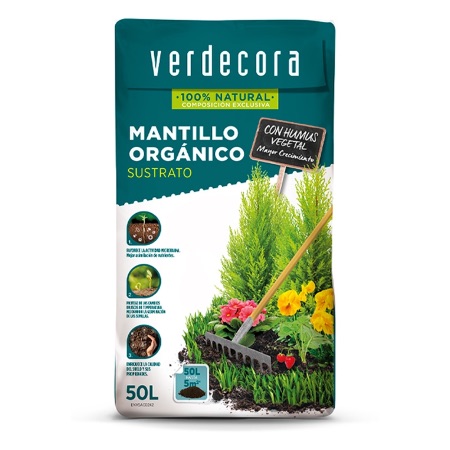
types of mulch
When we talk about mulch, a kind of substrate with various plant matter comes to mind. And yes, indeed, it is. However, in the world of gardening, the term mulch is also considered linked to elements that have nothing to do with decomposing matter and that, however, perform the same function as natural mulch.
1. Organic mulch, the most used
It is, for all intents and purposes, the description that we have just seen when analyzing what it is about. The term organic mulch refers to plant material, rich in nutrients and obtained naturally. Its functions, as we will see below, cover a wide range.
2. Synthetic mulch, a term to discover
If we say that it is organic matter, how is it possible that there is synthetic mulch? Well yes: there is. And it is enough to understand that the term mulch refers to creating the cloak that we mentioned before to understand that it can be artificial. Within this category we can find stones, plastic, gravel or even rubber. And what is the purpose of using this unique type of mantle? Balance or get certain aspects on a floor more quickly.
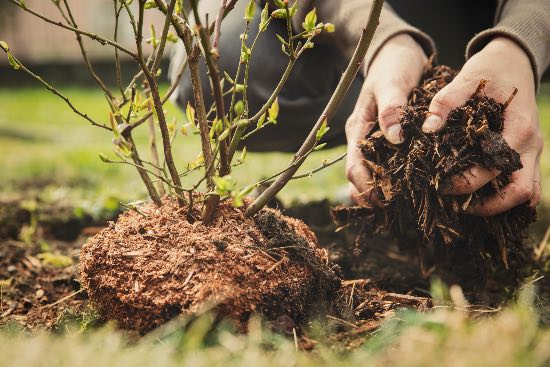
WHAT IS THE MULCH FOR?
Understanding that the term itself encompasses much more than a simple amendment, it is time to know what mulch is for. And, to fully understand it, we will focus on the virtues of organic. The one that usually arouses so many doubts due to its incredible variety of uses.
1. Improves soil structure, one of the main functions of mulch
One of the great problems with cultivated soil, both with regard to ornamental plants and garden plants, is soil compaction. A phenomenon that usually occurs especially at the end of winter as a result of cold and rain, and that causes a hardening of the ground. Far from being something minor, it is key: our plants, whatever they may be, will have serious problems keeping their roots healthy and growing in such a scenario.
The presence of mulch on the ground favors keeping the soil soft. It has a protective character on the substrate, avoiding compaction. But it is not the only thing: it also prevents the erosion caused by the rains and even the dehydration that both the sun and the wind bring with it.
2. It is a slow release fertilizer
And extremely useful! Thanks to its vegetal character, it is rich in natural nutrients. Something that allows to fertilize, slowly and gradually, the soil on which it is located. But beware: it does not replace the different fertilizers and fertilizers that our plants may need, but it is essential to add nutrients rich in enzymes.
3. Retains water and moisture
Another benefit of mulch that we cannot ignore. This protective layer on the soil of our plants prevents the dehydration of the soil in times of heat, since it acts as a filter that inhibits evaporation. Something extremely interesting both for the well-being of our plants and if we consider how to save water in the garden in summer.
4. Mulch protects roots from cold
As we can already imagine, it acts as an insulating layer from the weather. And, as such, it is essential when we consider mulching so that our plants survive the winter. Having it allows you to regulate the temperature of its roots and not only by its mere presence: decomposing organic matter generates heat.
Now that you know what mulch is, there is no doubt: having it to take care of your plants is practically inevitable.

![Photo of Cardón: [Cultivation, Irrigation, Care, Pests and Diseases]](https://www.complete-gardening.com/wp-content/uploads/2022/08/cardon-cultivation-irrigation-care-pests-and-diseases-390x220.png)
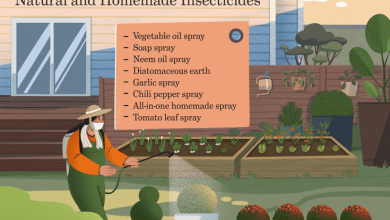
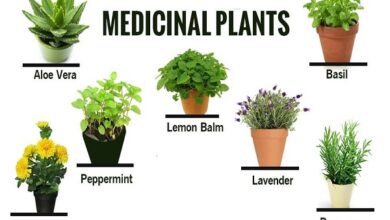
![Photo of Plant an Apricot Tree: [Substrate, Irrigation, Care, Pests]](https://www.complete-gardening.com/wp-content/uploads/2022/08/plant-an-apricot-tree-substrate-irrigation-care-pests-390x220.jpg)